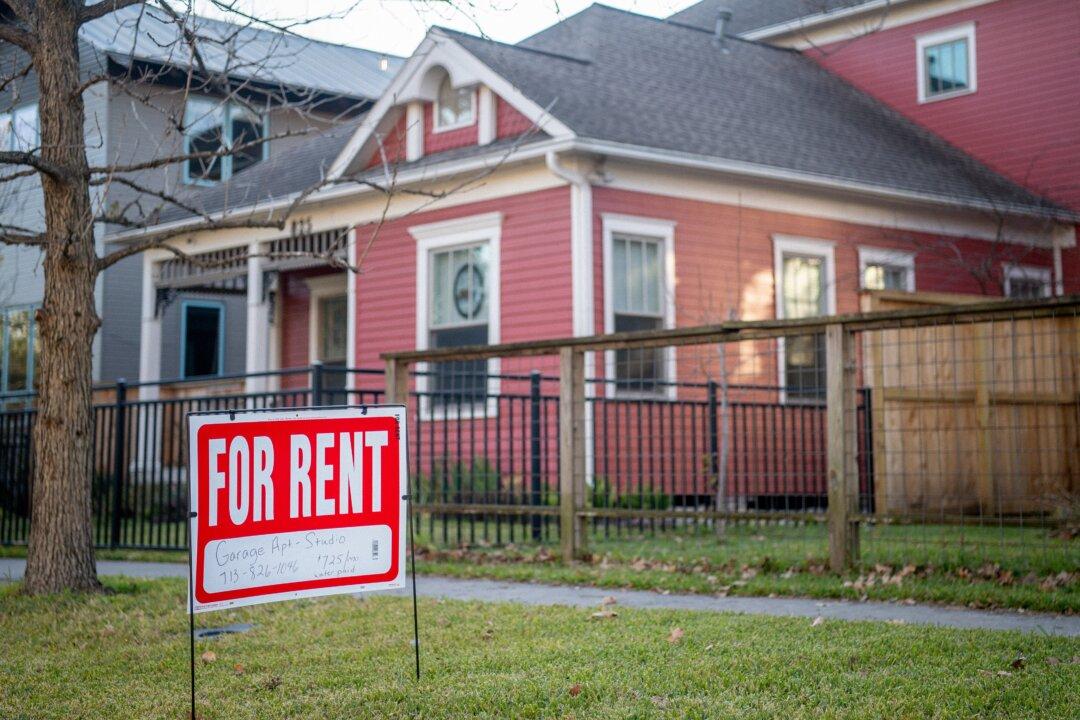Commentary
A friend’s daughter spotted a strange anomaly in her residential rental contract. It was cheaper per month to sign a lease for seven months as opposed to 12 months. This runs against even the most basic intuition. A longer commitment to pay would seem to suggest a lower rent in each pay period. This is for the same reason that it makes no sense to stay in a hotel night after night instead of signing a lease for a month.





